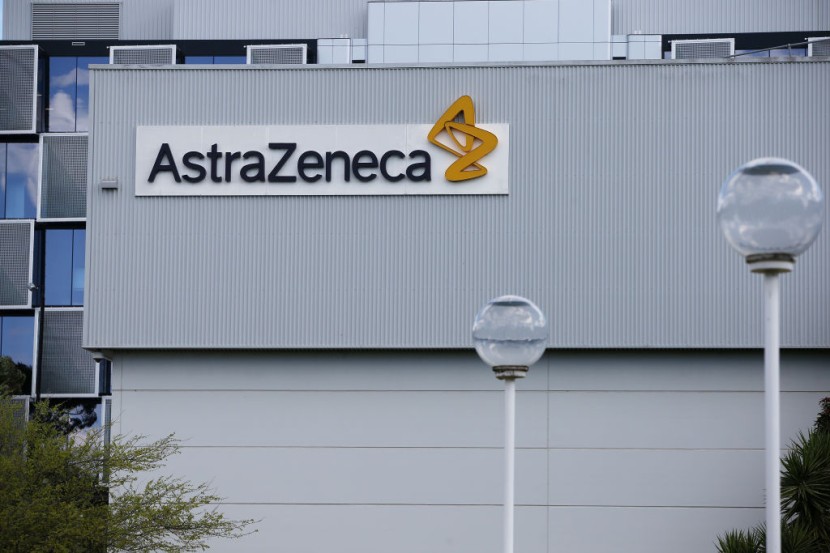
The United Kingdom's decision to postpone the second injection of the AstraZeneca-University of Oxford COVID-19 vaccine has proven to be an effective strategy, as proven by the results of a new study.
3 Months Following the First Dose is Effective
University of Oxford researchers discovered that the novel coronavirus vaccine was 76% effective in alleviating symptomatic infection for three months following a single dose. The rate of effectiveness increased with a longer interval in a long time prior to the first and second doses.
These findings could allow nations to immunize more people with their initial jabs with less fear that they would not have enough on hand for a second shot.
In a preliminary study, which is being peer-reviewed at The Lancet, researchers evaluated data from over 17,000 participants in trials of the drug in Brazil, the UK, and South Africa. The study concluded one dose of the vaccine was 76% effective at combatting COVID-19 -- following an initial three weeks to build immunity -- until up to three months following the shot. Protection increased to 82% following the second dose.
Researchers analyzed data from thousands of participants concerning the three months following the administering of the first dose and not including a first three-week period needed for protection to be applied.
The coronavirus vaccine appeared more effective when the duration between the two shots was longer than the purported four weeks. The vaccine was 82% effective for participants who received two standard doses at least three months apart, in contrast to 55% effective when doses were provided within six weeks of each other, reported Becker's Hospital Review.
According to the study, which is under review at The Lancet medical journal and published on Tuesday as a preprint, "Vaccine efficacy after a single standard dose of vaccine from day 22 to day 90 post vaccination was 76%... and modelled analysis indicated that protection did not wane during this initial 3 month period," reported CNBC.
The report added, "These analyses show that higher vaccine efficacy is obtained with a longer interval between the first and second dose, and that a single dose of vaccine is highly efficacious in the first 90 days, providing further support for current policy."
According to researchers, the study found the AstraZeneca vaccine had the capacity to diminish the possibility of transmitting COVID-19 by 67%. This reduction will be "substantial" if it is confirmed. Scientists have been working to distinguish if any vaccines both shield a patient from COVID-19 and alleviate the patient from transmitting the virus following vaccination.
The United Kingdom's health chief Matt Hancock stated, "That reduction in transmission, as well as the fact there is no hospitalizations, the combination of that is very good news. And it categorically supports the strategy we've been taking on having a 12-week gap between the doses," reported Seattle Pi.
One of the head researchers on the project, Dr. Andrew Pollard of Oxford University, remarked Oxford scientists think the vaccine will continue to provide protection against new COVID-19 variants. However, they are still awaiting data for this.
Related Article : Are Two Face Masks More Effective Than One as Shield From COVID-19?








